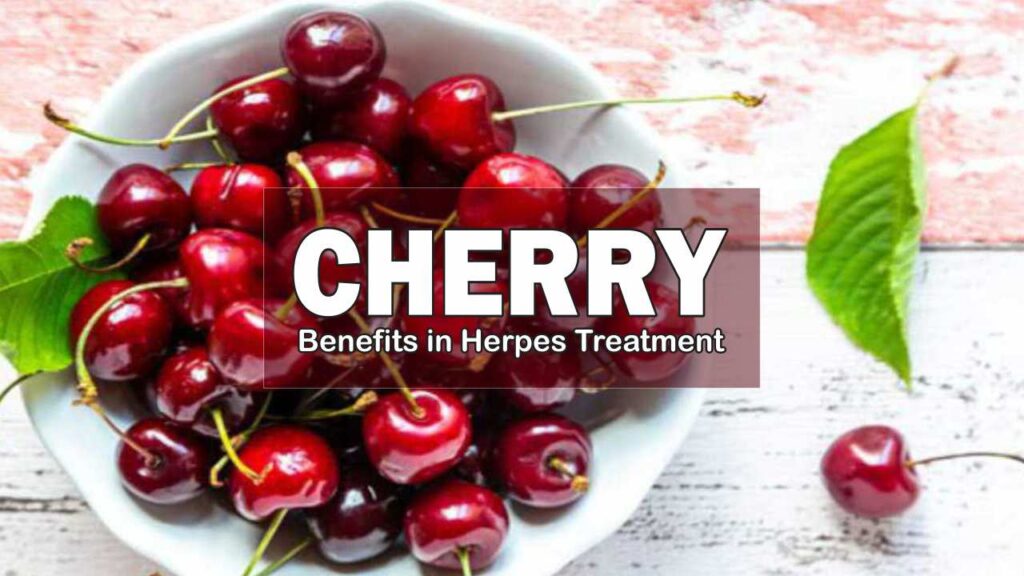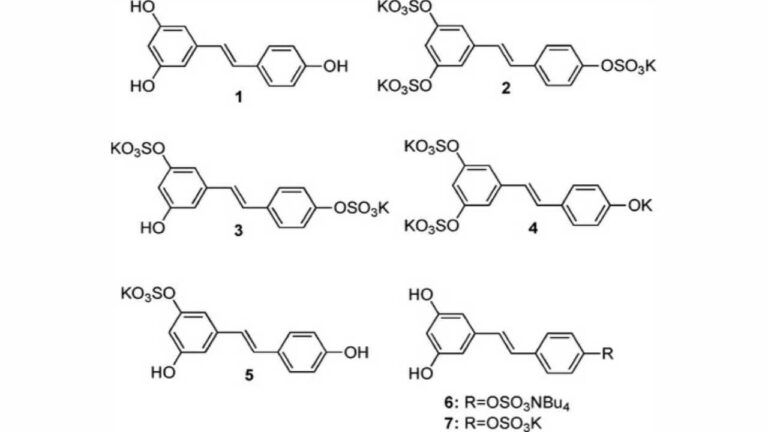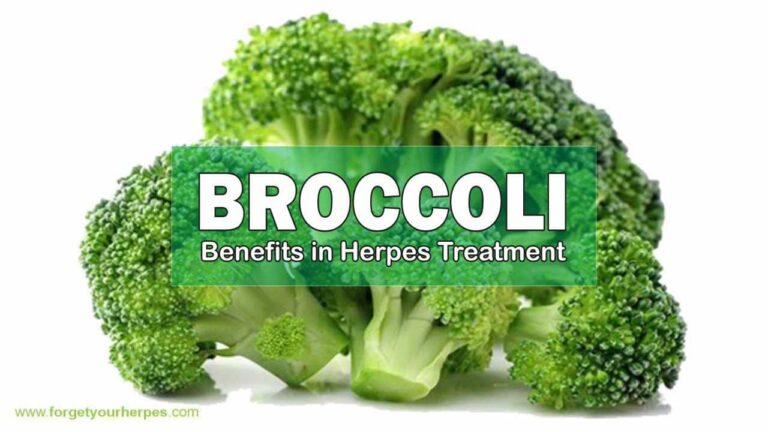Besides its delicious taste, cherry can also bring various health benefits, including in the treatment of herpes. In this article, we will talk about the studies and benefits of cherry in the treatment of herpes, its nutritional table, and how to include this fruit in a daily diet.
Cherry is a fruit native to Europe and Asia, belonging to the Rosaceae family and Prunus genus. There are several varieties of cherries, but the most common is Prunus avium. The fruit has a sweet and juicy taste, as well as a soft and pleasant texture.

Research on Cherry in the Treatment of Herpes
Some studies have investigated the effect of cherry in the treatment of herpes, due to its antioxidant and anti-inflammatory properties.
A study conducted in 2014, published in the Journal of Functional Foods, evaluated the effect of cherry extract on the activity of herpes simplex virus type 1 (HSV-1) in human cells. The results showed that cherry extract significantly reduced the activity of the herpes virus, indicating a potential antiviral effect of the fruit.
Another study published in 2018 in the Journal of Medicinal Food investigated the effect of cherry juice on pain and inflammation associated with herpes zoster (HZ), which is a viral infection that affects nerves and can cause intense pain.
The results showed that cherry juice significantly reduced the pain and inflammation associated with HZ, indicating a potential analgesic and anti-inflammatory effect of the fruit.
Nutrients in Cherry and their Benefits in treating herpes.
The cherry is an extremely nutrient-rich fruit, containing a wide variety of vitamins, minerals, and antioxidants that bring various health benefits, including in the treatment of herpes.
Below, we highlight the main nutrients of the cherry and their specific benefits in the treatment of herpes:
Vitamin C
Cherry is an excellent source of vitamin C, a powerful antioxidant that helps strengthen the immune system and combat inflammation. This can help reduce the severity and duration of herpes outbreaks.
Vitamin A
This vitamin, present in the cherry, is important for the health of the skin and mucous membranes, which can be affected by herpes. Vitamin A helps maintain the integrity of these tissues, as well as possessing anti-inflammatory properties.
Anthocyanins
Cherries are rich in anthocyanins, natural pigments that have antioxidant and anti-inflammatory properties. These compounds help reduce inflammation and pain caused by herpes.
Potassium
This mineral is important for maintaining the body’s electrolyte balance, as well as helping to reduce stress and anxiety, which can trigger herpes outbreaks.
Magnesium
Magnesium is important for neuromuscular health and may help reduce pain associated with herpes.
Ellagic acid
This compound present in cherries has antiviral properties and can help reduce the replication of the herpes virus.
Ascorbic acid
Also known as vitamin C, ascorbic acid is an antioxidant that helps fight oxidative stress, which can contribute to the recurrence of herpes.
Quercetin
This flavonoid present in cherries has anti-inflammatory and antiviral properties and can help reduce inflammation and replication of the herpes virus.
Therefore, we can see that the cherry is a fruit rich in important nutrients for the treatment of herpes, including vitamins, minerals, and antioxidants.
By consuming cherries regularly as part of a healthy diet, you can help strengthen your immune system and reduce the severity and duration of herpes outbreaks.
Cherry Nutritional Table
Here’s the nutritional table with daily percentage values for 100 grams of cherry:
| Nutrient | Amount per 100g | % Daily Value |
|---|---|---|
| Calories | 63 kcal | 3% |
| Carbohydrates | 16 g | 5% |
| Protein | 1 g | 2% |
| Fat | 0.3 g | 0% |
| Fiber | 2 g | 8% |
| Vitamin A | 64 IU | 1% |
| Vitamin C | 7 mg | 12% |
| Vitamin E | 0.1 mg | 1% |
| Vitamin K | 2.1 µg | 3% |
| Thiamin | 0.0 mg | 2% |
| Riboflavin | 0.0 mg | 2% |
| Niacin | 0.4 mg | 2% |
| Vitamin B6 | 0.1 mg | 3% |
| Folate | 6 µg | 2% |
| Pantothenic Acid | 0.2 mg | 2% |
| Calcium | 16 mg | 2% |
| Iron | 0.4 mg | 2% |
| Magnesium | 11 mg | 3% |
| Phosphorus | 21 mg | 2% |
| Potassium | 173 mg | 5% |
| Zinc | 0.1 mg | 1% |
| Copper | 0.1 mg | 3% |
| Manganese | 0.1 mg | 3% |
| Selenium | 0.1 µg | 0% |
Note: Percent Daily Values are based on a 2000 calorie diet. Your daily values may be higher or lower depending on your calorie needs.
How to Include Cherries in a Daily Diet to Support Herpes Treatment
There are several ways to include cherries in your daily diet to support herpes treatment. Some suggestions include:
Eating the fruit raw
Cherries can be consumed as a snack between meals or as a dessert after lunch or dinner. It’s a practical and tasty option for including the fruit in your diet.
Adding cherries to juice recipes
You can make natural juices with cherries, mixing them with other fruits such as orange or strawberry, for example. Besides being refreshing, the juice can help increase your daily nutrient intake.
Including cherries in salads
Cherries can be added to green salads or fruit salads. It’s a way to add a different flavor and increase the amount of vitamins and minerals in your meal.
Using cherries in dessert recipes
Cherries can be used in dessert recipes such as pies, cakes, or jams. It’s important to remember to use sugar in moderation and opt for healthier recipes that use natural ingredients.
Eating dried cherries
Dried cherries are a practical and nutritious option to include in your diet. They can be added to homemade granola recipes, cereal bars, or eaten as a snack between meals.
Natural Supplements
Including a supplement that contains all the nutrients from cherries can be a practical and quick option if you don’t have much time to prepare your food.
Summary
Cherry is a nutrient-rich fruit that has been studied for its effects in treating herpes. Studies have shown that cherry contains antioxidants and anti-inflammatory properties that help relieve herpes symptoms.
Moreover, cherry is rich in essential vitamins and minerals that can strengthen the immune system and prevent herpes recurrence. Cherry can be included in the daily diet in various ways, such as in juices, smoothies, fruit salads, and desserts.
Including cherries in the daily diet can be an excellent way to support herpes treatment and promote overall body health.




